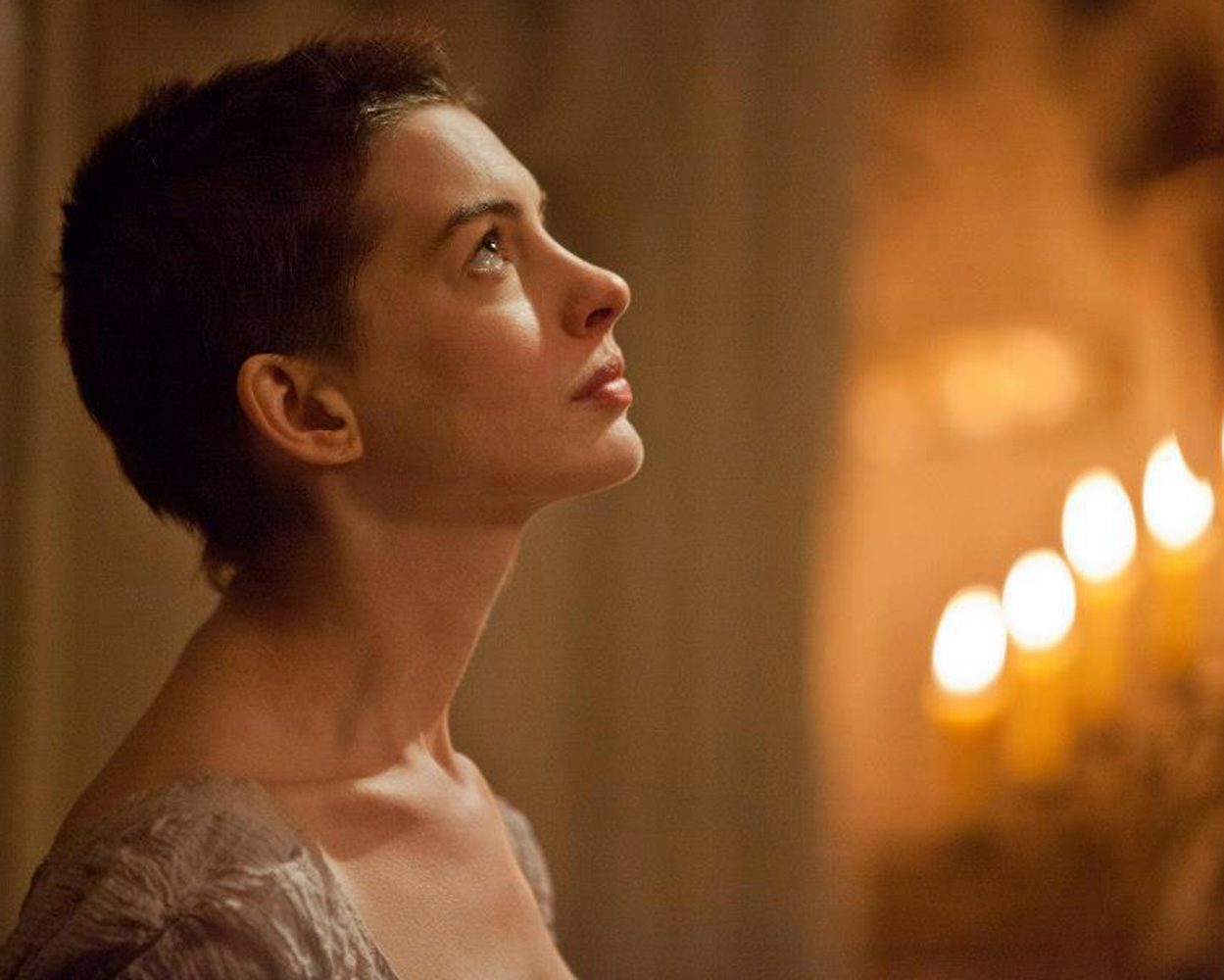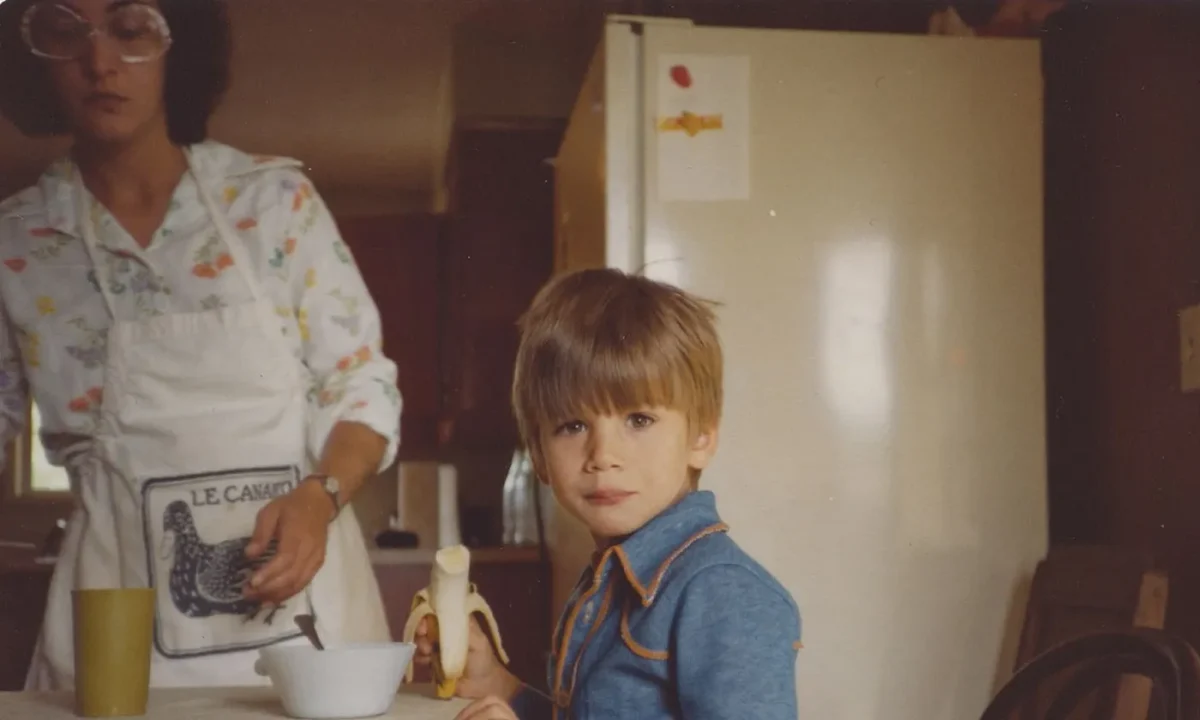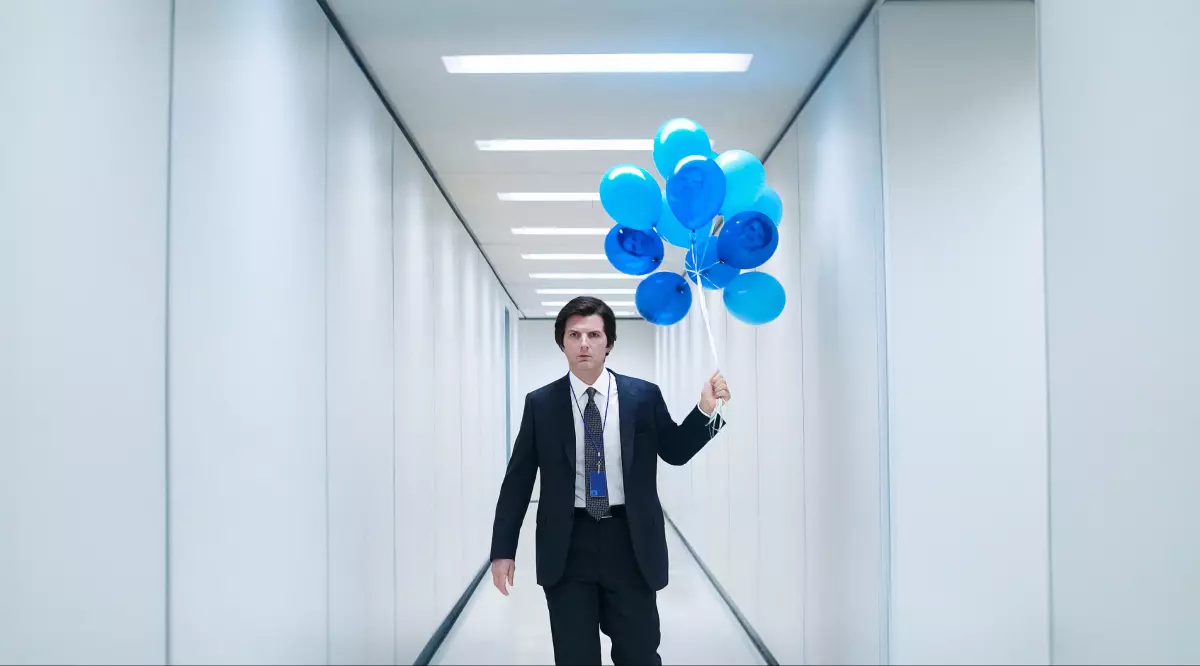It’s the sweeping falsettos and the never say die attitude. It’s the desire for a revolution and the plight of the marginalized personified. It’s beautiful and tragic. It’s Les Misérables and it’s at a theater near you for the first, miraculous time.
Spanning more than 15 years, the story chronicles the uprising of a downtrodden social class in 19th century France. The theme of love is interwoven into the characters’ unapologetic quests for a better life. Protagonist Jean Valjean somehow embodies the rags-to-riches cliché in a way that it is not worn-out or overdone but a successful calling for sympathy and compassion.
Praise for Anne Hathaway has been rampant and considerably disproportionate as her stint as Fantine, the poor worker turned prostitute, is minimal but effective. Bedraggled and worn, Hathaway belts the iconic, “I Dreamed a Dream,” to frame the swollen and ultimately ill-fated dreams that plague the eponymous miserable ones. She is pitiable and believable, but she is not the character that makes the film the Oscar-contender that it has quickly become.
Hugh Jackman as Valjean is truly the reason the film is award worthy. One wouldn’t think that a man best known for his clawed alter-ego would have the emotional capacity of a Broadway veteran, but Jackman proves this wrong with a spark-filled performance. Jean Valjean’s heroic and patriarchic tendencies make him a father that the audience wishes was their own.
Overlooking Sasha Baron Cohen and Helena Bonham Carter as the cunning and criminal Thenardiers would shortchange the film. Their contributions are a well needed dose of humor. Amanda Seyfried as Cosette and Eddie Redmayne as Marius work for a vision of hope through their love and loyalty. Their youth is a testament to a tomorrow that is never promised to the characters.
A picture of hope, the final scene epitomizes the lives unlived, the dreams lost and the potential of tomorrow with its simultaneously morbid and idealistic expanse. The heroes of the revolution, those who risked everything and saw nothing in return, line the wall of strewn and disposed furniture. A sniffling audience faces a wall of strong hearts in Les Miserables’ most poignant scene.
A movie almost entirely sung by actors who have less-than-extensive experience with the skill is as risky as the actions of the ambitious revolutionaries. Hathaway, herself, may have said it best in her Golden Globes acceptance speech, thanking Universal Studios and Working Title Pictures for their decision to take on the project, sarcastically adding, “I’m sure that was an easy decision.”
Odds are it wasn’t an easy decision, but, as it would turn out, it was a good one.









